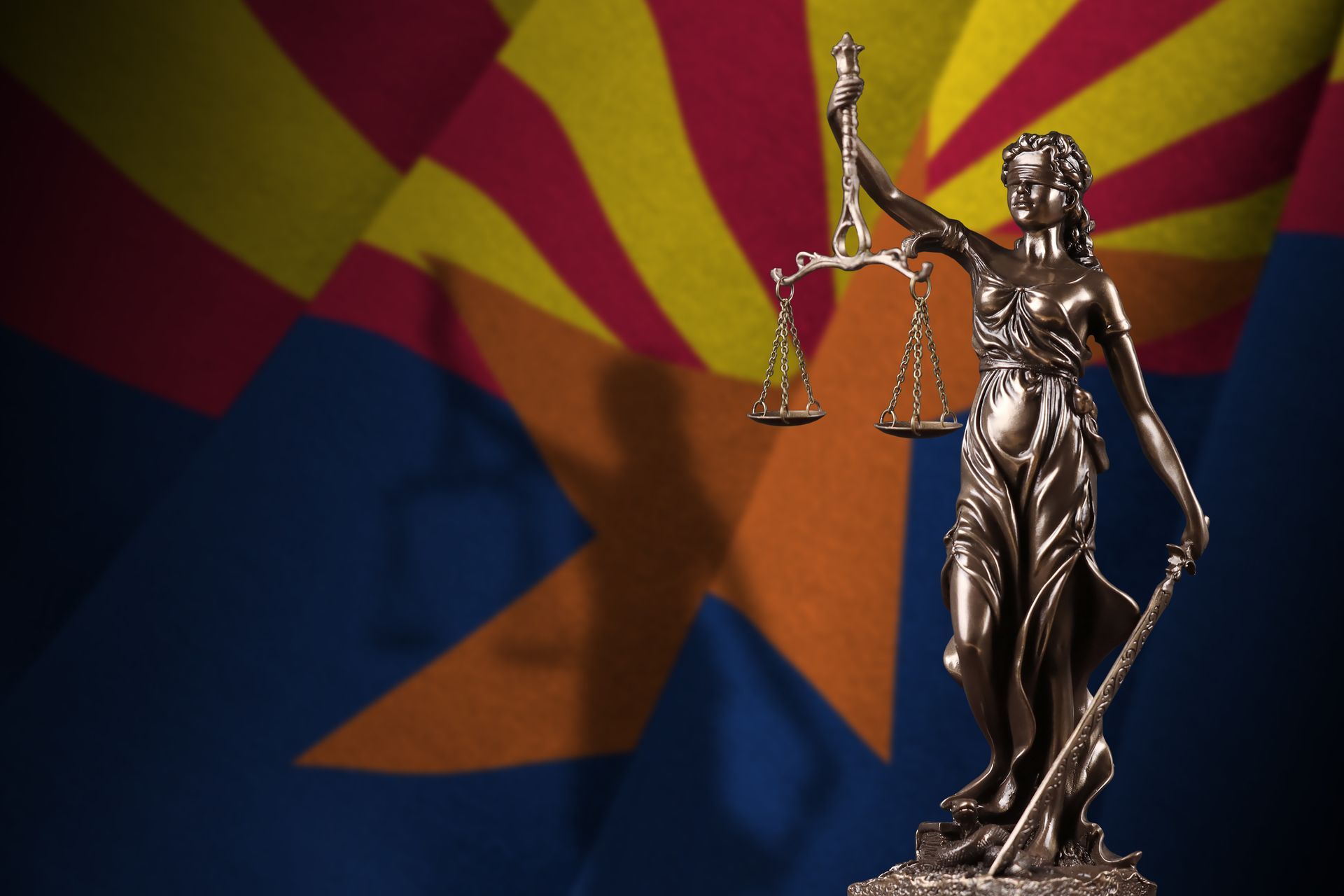Can Security Failures Be the Cause of a Premises Liability Lawsuit?
Negligent security is usually categorized as a type of premises liability case. Unlike a traditional slip and fall case where hazards on the property directly caused an injury, negligent security is more about the environmental factors that allowed one person to injure another. The risk also needs to be foreseeable, and, like other premises liability problems, it must have persisted long enough that the property owner should have reasonably known about the danger and fixed it prior to the injury occurring.
Negligent security is most frequently associated with serious crimes, including battery, assault, rape and robbery.
Security is a fundamental part of any property owner’s duty of care. They should correct security failures that are creating an environment where tenants, shoppers or visitors could fall victim to crimes and the physical and emotional traumas those crimes cause.
What Is Negligent Security?
Negligent security is what happens when a business or property owner fails to protect the public from harm or fails to implement reasonable security measures. A negligent security case involves crimes that could have been avoided with proper security.
Both commercial properties and residential landowners can be sued for negligent security. People in shopping malls, clubs, parking lots, schools and even apartment complexes have a right to be safe in those places. Owners of those properties have a duty to maintain an environment that protects lawful visitors from foreseeable crimes from a third party.
An apartment complex may have locking gates that regulate who can enter the complex. This may be necessary because the complex is in a part of a city with a particularly high crime rate.
The complex has a substantial duty to keep it operating. If the gate is broken and the owners fail to fix the gate before a resident is harmed, they may be liable for security negligence.
Why Are Claims Against Property Owners Instead of the Criminals?
As with any personal injury case, the goal is to make the injured person as financially, physically and emotionally whole as possible after their injuries.
A criminal might get sentenced to prison, but the person who was injured is still shouldering the often-high monetary costs of medical and psychological treatments. Victims of crimes could also have PTSD or long-term pain and suffering with which they are forced to cope.
Many criminals lack the financial means or insurance to adequately compensate the victims of their crimes for injuries they cause. The owner of the property on which the injuries occurred is more likely to have insurance that can provide the compensation.
Proving Negligence Security
Similar crimes that have happened surrounding the location of the incident may be an important factor in negligent security cases. The plaintiff will need to prove the owner of the property failed to exercise reasonable care given the foreseeable risk.
For a chance at success in a negligent security claim, the plaintiff will need to prove:
- The plaintiff was lawfully on the landowner’s (defendant's) property at the time of the injury
- The business or property owner was aware of the risk
- The landowner breached their duty to offer reasonable security
- The plaintiff was injured and suffered damages because of a third party’s acts on the property
- The Injury imposed by third party was foreseeable by the defendant
- The injury could have been prevented if the defendant took proper security precautions
The fundamentals of a negligent security case are very similar in structure to a traditional slip and fall case. The property owner had a duty, was aware of a hazard and failed to fix the hazard in a reasonable amount of time. Someone was injured as a result of that failure.
Foreseeability is necessary and crucial for negligent security cases. Foreseeability requires an assessment of the property and surrounding area for similar crimes. Where previous crimes were committed in relation to the property and whether the defendant was aware or should have been aware are key questions that must be answered.
Adequate Security
A negligent security case may hinge on whether there were already security measures in place and their adequacy. Security gates that go unfixed, dim lighting in the parking lots, poorly trained security personnel and broken locks might be considered inadequate.
Cases may also hinge on whether tenants, shoppers or visitors were warned of risks or whether criminals were discouraged from preying on visitors.
Have You Suffered an Injury Due to Negligent Security?
Security negligence cases often hinge on circumstantial evidence, which is why it’s important for plaintiffs to work with attorneys who are willing to dig into their situation. If you are not sure if you have a negligent security case on your hands and you are suffering from severe injuries and expensive medical bills, you may want to contact a premises liability attorney that has experience in negligent security.



